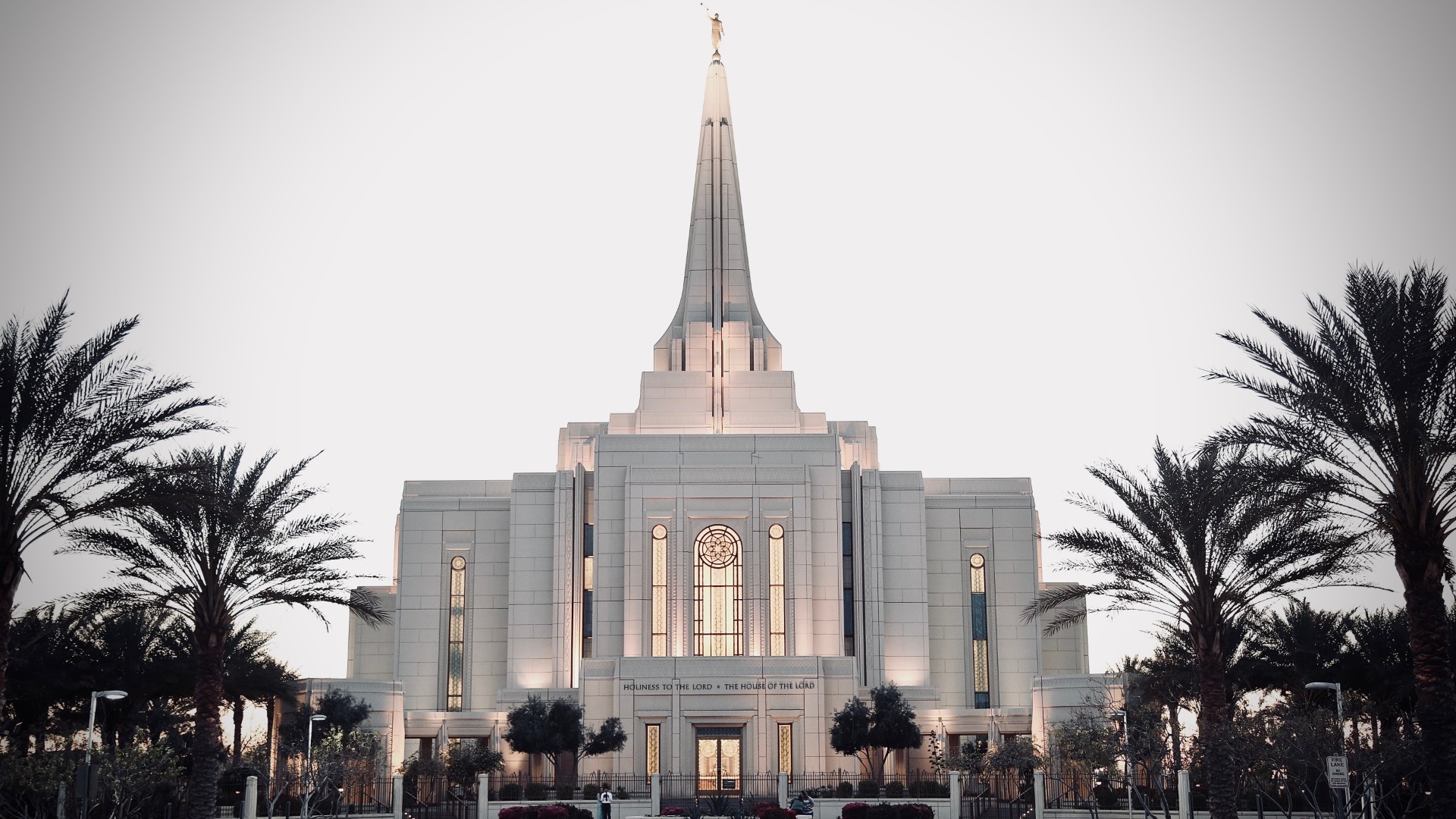The Newsroom at LDS.org posted this in response to the current controversy:
Recent political events have once again brought the “Mormons aren’t Christians,” “Mormons are a cult” epithets into the national spotlight. In his “On Faith” commentary this week, Church Public Affairs managing director Michael Otterson suggests why people make such claims and shares his own experience of being labeled not Christian.
Otterson says one problem is that half the U.S. population knows very little about The Church of Jesus Christ of Latter-day Saints. However, he says, this may be changing.
“Research shows that people have a far better view of The Church of Jesus Christ of Latter-day Saints when they know a member personally,” Otterson says. “There is a point when those people who have seen Mormons caricatured in their Sunday School classes realize that the second-hand prejudices they have learned don’t fit with their first-hand experiences with faithful Latter-day Saints.”
Otterson’s commentary explains further:
If you try to track the number of references to Jesus Christ in the service, you may lose count. So just observe the families, listen to the prayers, leaf through the hymn book to see if any of the hymns seem familiar, and make up your own mind as to how Christian our people are. Jesus taught us: “By their fruits, ye shall know them.”
I think a great deal of confusion is happening because people aren’t defining their terms. The word “Christian” actually means something. It doesn’t simply refer to a person who follows the ethical teachings in the New Testament, nor does it refer to everyone who uses the name “Jesus.” Christianity entails an entire worldview—a particular view of God, man, salvation, purpose, heaven and hell, etc.
Christianity is a religion with one self-existent, eternal, Trinitarian God. In Mormonism, they worship a Father God (but many other gods exist for other worlds), who has a physical body and most likely has not always been a god, but was born into another world and advanced to perfection by following his Father’s plan of salvation. Jesus and the Holy Spirit are also gods.
Christianity teaches that men and women were created by a God who will forever be infinitely greater than His creatures. Mormonism teaches that we are of the same species as God (begotten in the pre-existence by Heavenly Father and Mother, as Jesus was), and if we follow the right path and fulfill all the requirements, we can become gods of our own worlds.
The same kinds of distinctions could be made in all the other areas I mentioned. These are not unimportant distinctions, they’re radically different understandings of core concepts. So it’s not an epithet to say that Christianity and Mormonism are very different—different enough to require different names. This conclusion is not a matter of emotion, fear, or hatred.
But I think perhaps when we say that Mormons aren’t Christian, we ought to take a moment to explain what we mean. We’re not saying they’re weird, scary people, or that they’re being brainwashed or controlled by a cult leader, or that they’re immoral. We’re merely saying that the word “Christian” actually means something, and it has meant that thing for centuries. To claim that their theology fits into that word is to misunderstand what is meant by “Christian.”
Mormons may believe that they are more truly following Christ and His plan of salvation than we are (since they have the restored priesthood, the temples, the covenants and ordinances, and more scripture) and so, are more deserving of the name Christian; but even if they were correct about this, to appropriate the name Christian now is to imply that they’re just another denomination, and that is just confusing and misleading. And to demand that we call them Christian is to ask us to say that the nature of God, man, and salvation—the very heart of Christianity—is unimportant, or at least, less important than mere moral behavior. It’s not fair or reasonable to ask this of us.
I think many Mormons aren’t familiar with Christian doctrine, and so they may not understand why we think our two religions are different enough to consider them separate religions. And to make matters more confusing, we use some of the same theological words but assume different meanings for those words. So if this issue comes up, take some time to define each term and explore the differences so they know you’re not saying they aren’t Christian out of prejudice or ignorance, it’s just a matter of recognizing the fundamental differences in our theology.

